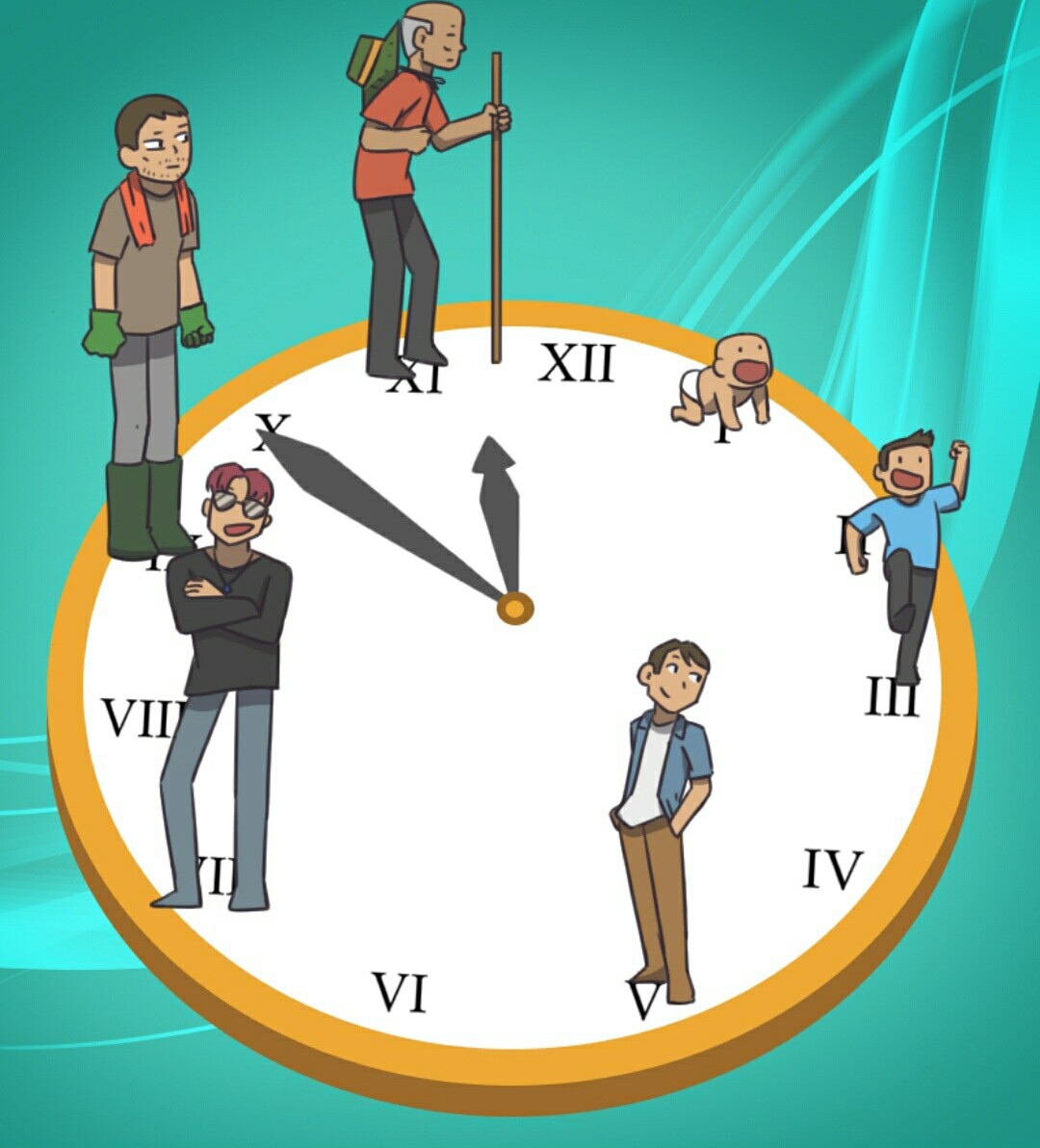Here are some of the main reasons why uncertainty often evokes negative feelings:
1. Survival Instinct
Since ancient times, uncertainty has often been equated with threat. Uncertain environments, such as unpredictable weather or the presence of predators, directly impact survival. Therefore, the human brain evolved a nervous system that triggers a stress response, such as "fight or flight," when faced with unpredictability. This response persists today, and even though the threat is no longer a predator, our brains still respond to uncertainty with anxiety, worry, and stress.
2. Cognitive and Emotional Load
Uncertainty forces our brains to work hard to process incomplete information. This is known as cognitive discomfort. When we don't know what will happen, we tend to overthink, which is when we think about all the worst-case scenarios. This process drains mental energy, causes fatigue, and can trigger mental health problems like chronic anxiety and depression. Long-term overproduction of stress hormones like cortisol can damage brain cells, particularly in the areas responsible for memory and decision-making.
3. Loss of Control
Humans have a fundamental psychological need to feel in control of their lives. Uncertainty diminishes this sense of control. When we cannot predict or control the outcome of a situation, we feel vulnerable, helpless, and anxious. This feeling of loss of control can be deeply disturbing, whether in small matters (e.g., a train delay) or large matters (e.g., career or relationship uncertainty).
4. Difficult Decision-Making
Uncertainty directly impacts the decision-making process. When we are faced with choices with uncertain outcomes, we tend to hesitate or even avoid making decisions altogether. In economics and psychology, there is a concept called prospect theory, which explains that humans are more sensitive to losses than gains. Under conditions of uncertainty, we tend to be "risk-averse" if the outcome appears favorable and "risk-seeking" if the outcome appears unfavorable. This shows that uncertainty causes us to make decisions based on emotions, not just logic.
While uncertainty can feel uncomfortable, it's important to remember that it's an integral part of life. Accepting that not everything is controllable and focusing on what we can (such as our response to situations) is one of the best ways to manage the anxiety that comes from uncertainty.
Fear of uncertainty is part of humanity. It often makes us feel out of control and vulnerable. However, there are ways to confront this fear so it doesn't hinder us.
1. Accept Uncertainty as a Part of Life
Realize that uncertainty is an unavoidable reality. Life doesn't always go according to plan, and many things are beyond our control. Accepting this fact can reduce the pressure to always have answers or guarantees. Instead of trying to eliminate uncertainty, learn to live with it.
2. Focus on What You Can Control
When you feel anxious, shift your focus from the things you can't change to the things you can. For example, you can't control the outcome of a job interview, but you can control how well you prepare for it. Give your best effort in the present moment. This will give you a sense of power and control, even if only on a small scale.
3. Create a Backup Plan
Preparing a backup plan, often called a "plan B," can help ease anxiety. Thinking about the worst-case scenario and how you would deal with it can make you feel more prepared. This doesn't mean you're pessimistic, but rather realistic. Having a backup plan will give you peace of mind knowing there's a way out if things don't go as planned.
4. Practice Problem-Coping Skills
Fear often arises because we feel inadequate to face challenges that might arise. Boost your confidence by developing skills that can help you when facing challenges. For example, learn something new, improve your communication skills, or build a solid network of friends. The more competent you feel, the more confident you'll be in adapting to any situation.
By practicing the methods above, you won't completely eliminate fear, but you will learn to manage and control it. Most importantly, you'll be better prepared to move forward, even when the path isn't always clear.
